Navigating Progressive Retinal Atrophy (PRA) in Maine Coons: Ensuring Feline Vision and Well-Being
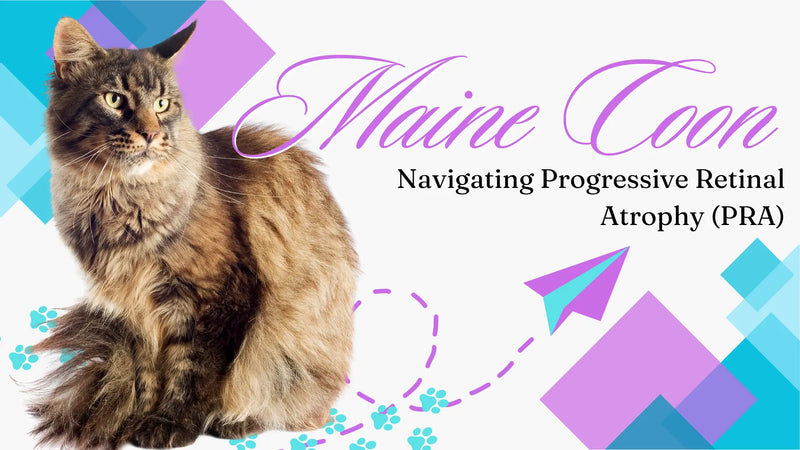
Maine Coon cats are cherished for their majestic appearance and affectionate nature. But like any purebred cat, they can be prone to certain hereditary health conditions, one of which is Progressive Retinal Atrophy (PRA). This condition, while rare, can affect their vision and overall quality of life. In this post, we’ll take a closer look at PRA, its effects on Maine Coons, and what you can do to protect your cat’s well-being. But first, one should learn the basic knowledge about Maine Coon kittens, right? So, learn it here from our blog, Maine Coon Breed Standard: Everything You Need to Know About This Magnificent Cat and the basics to know before owning a Maine Coon, Essential Maine Coon Tips: What to Know Before Bringing Home a Maine Coon Cat.
What is Progressive Retinal Atrophy (PRA)?
PRA is a group of genetic eye disorders that leads to the degeneration of retinal cells over time. The retina is the part of the eye responsible for receiving light and transmitting signals to the brain, allowing for vision. In cats affected by PRA, the retinal cells deteriorate, resulting in gradual vision loss. Unfortunately, PRA is not limited to one breed; it can affect various cat breeds, including the beloved Maine Coon.
Genetic Inheritance of PRA in Maine Coons
In Maine Coon cats, PRA is inherited as an autosomal recessive trait, which means that both parents must carry the defective gene for their offspring to be affected. Cats that inherit two copies of the gene (one from each parent) are at a higher risk of developing this condition. Breeders play a critical role in ensuring the health of Maine Coon kittens by screening for such genetic conditions.
Signs and Symptoms of PRA
PRA typically starts with night blindness, where a cat may struggle to see in low-light conditions. Over time, the disease progresses, and other symptoms may emerge, such as:
- Difficulty navigating in dim lighting
- Dilated pupils
- Changes in eye color, often becoming more reflective
- Reduced visual sharpness
- Complete vision loss in severe cases
Though Maine Coons with PRA can lose their sight, many of them adapt well to their changing environment. Cats are naturally resourceful and can adjust to their surroundings, even if their vision diminishes.
How is PRA Diagnosed?
Diagnosing Progressive Retinal Atrophy usually requires an examination by a veterinary ophthalmologist. They may use tests such as electroretinography (ERG), which measures retinal function, to confirm the diagnosis. While there is no cure for PRA, early diagnosis allows for better management of the condition. Keeping your cat’s environment stable and predictable can significantly help them adjust as their vision changes.
Preventing PRA in Maine Coon Cats: The Role of Responsible Breeding
The best way to reduce the risk of PRA in Maine Coon cats is through careful, responsible breeding. Breeders can conduct genetic testing to ensure that their cats do not carry the gene for PRA. By prioritizing health-focused breeding practices, the prevalence of PRA can be minimized. At Purebred Kitties, we are committed to ethical breeding, focusing on the health and well-being of our kittens through thorough screening and testing. Moreover, you can check our blog about finding to find reputable breeders, so it won't harm you in the long run. Check it out on our article, Where to Find Reputable Maine Coon Breeders?
How to Care for a Maine Coon with PRA
Although there is no cure for PRA, cats with this condition can still enjoy a high quality of life with the right care. Routine veterinary check-ups, a nutritious diet, and a stimulating yet safe environment are essential to supporting your Maine Coon’s well-being. Providing a calm and consistent home layout can help a cat with limited vision feel more comfortable navigating their surroundings.
For more tips on ensuring your cat’s health, check out our blog on Essential Maine Coon Health Checks, where we delve deeper into maintaining your cat’s well-being.
Finding a Healthy Maine Coon Kitten
If you’re considering adding a Maine Coon to your family, it’s crucial to choose a reputable breeder that prioritizes the health of their kittens. At Purebred Kitties, we offer a range of ethically bred Maine Coon kittens, ensuring that each one comes from healthy genetic lines.
You can Check Our Available Giant Maine Coon Kittens for Sale and find your p-'purr-fect' match.
Conclusion
As Maine Coon lovers, it’s our responsibility to stay informed about health conditions like Progressive Retinal Atrophy that can affect our feline companions. By understanding the condition and supporting ethical breeding practices, we can help safeguard the health and vision of Maine Coon cats for future generations. Whether you're already a proud Maine Coon owner or thinking of becoming one, learning about their potential health risks and how to care for them is essential to their long, happy life.
For more insights on Maine Coons and other cat breeds, you can Contact Us and we'll gladly answer your inquiries. And if you want to adopt one, learn about our Adoption Process and get your own 'com-paw-nion'. Start your journey with us today and do not miss out!

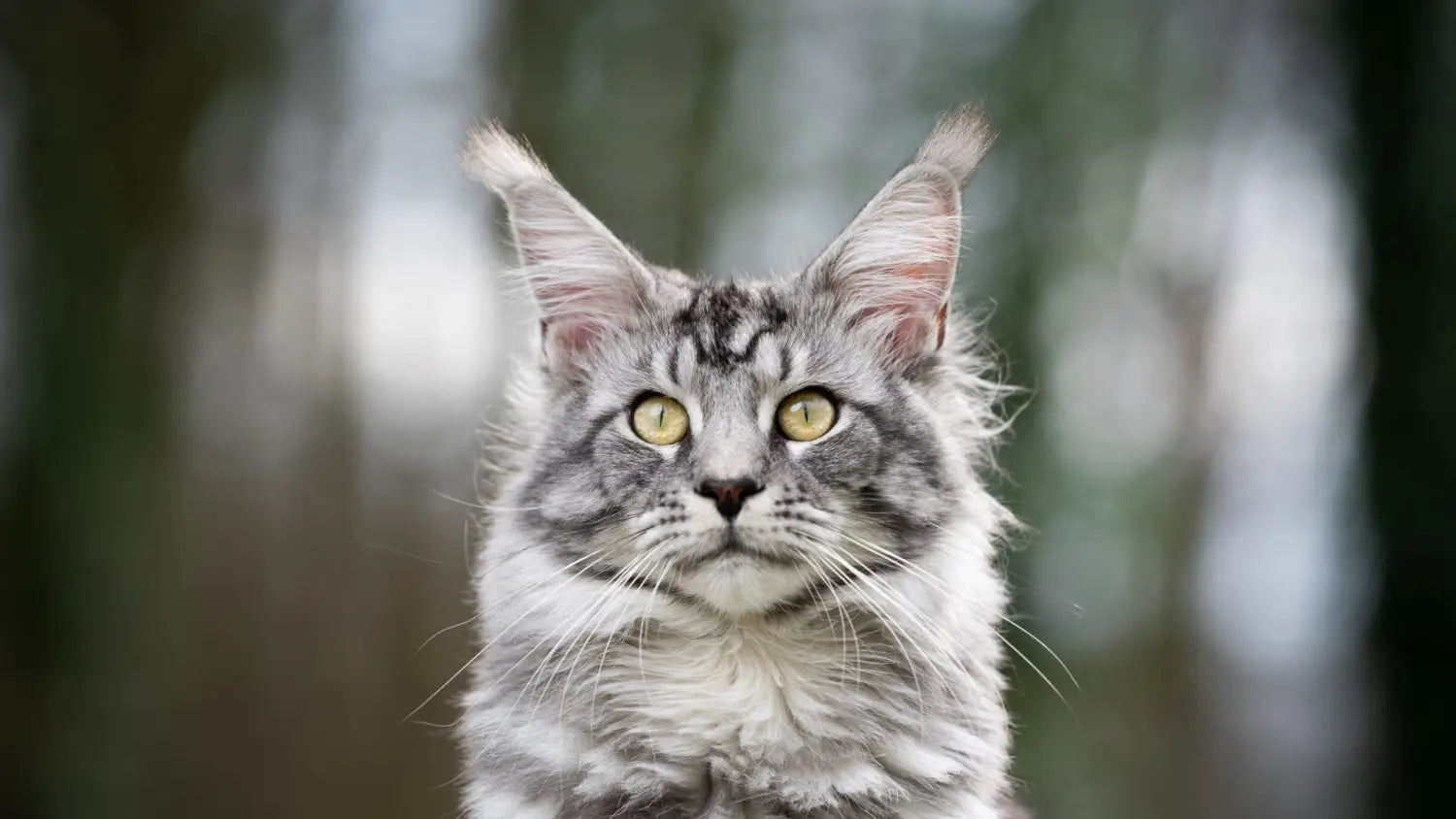
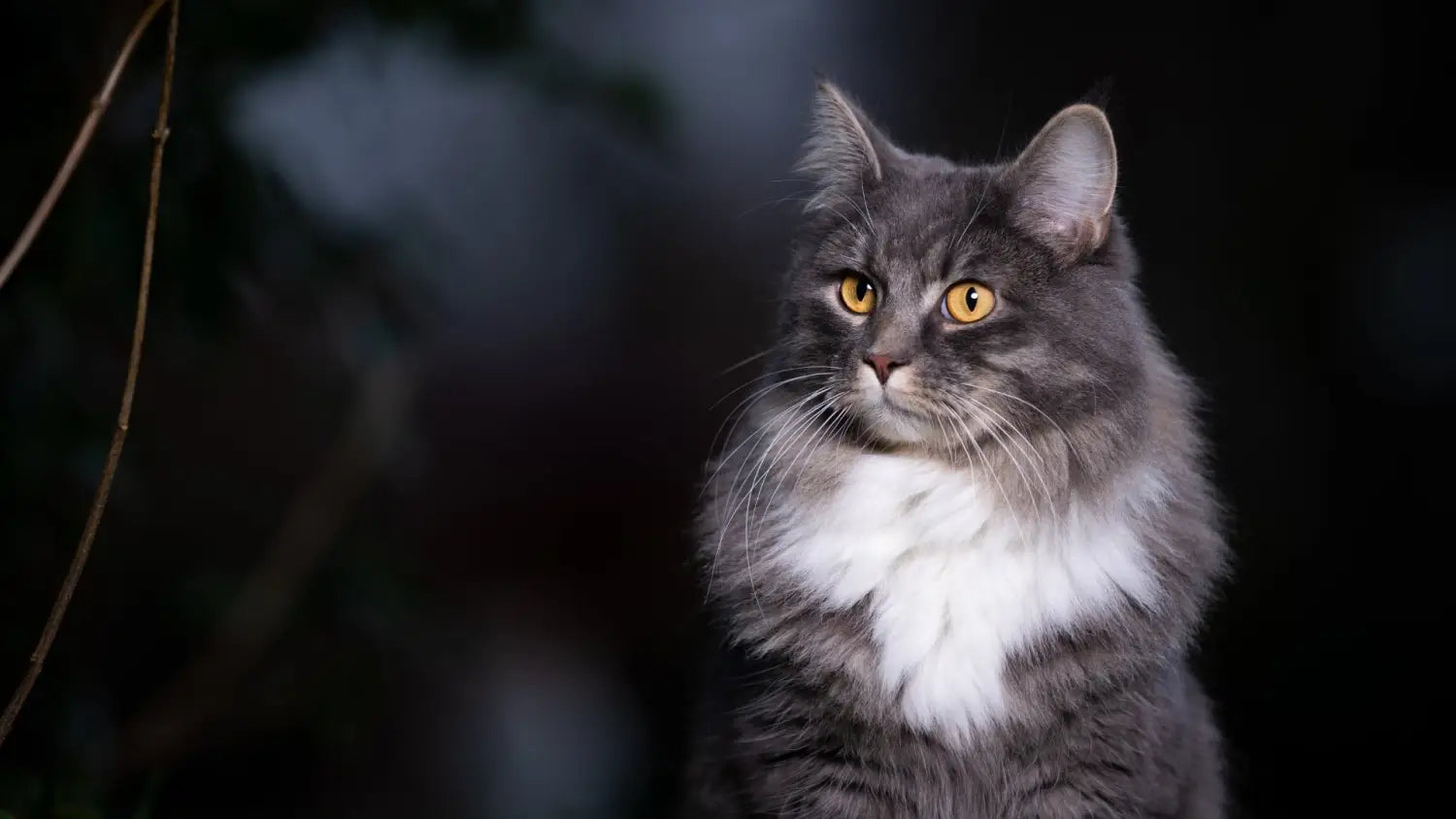
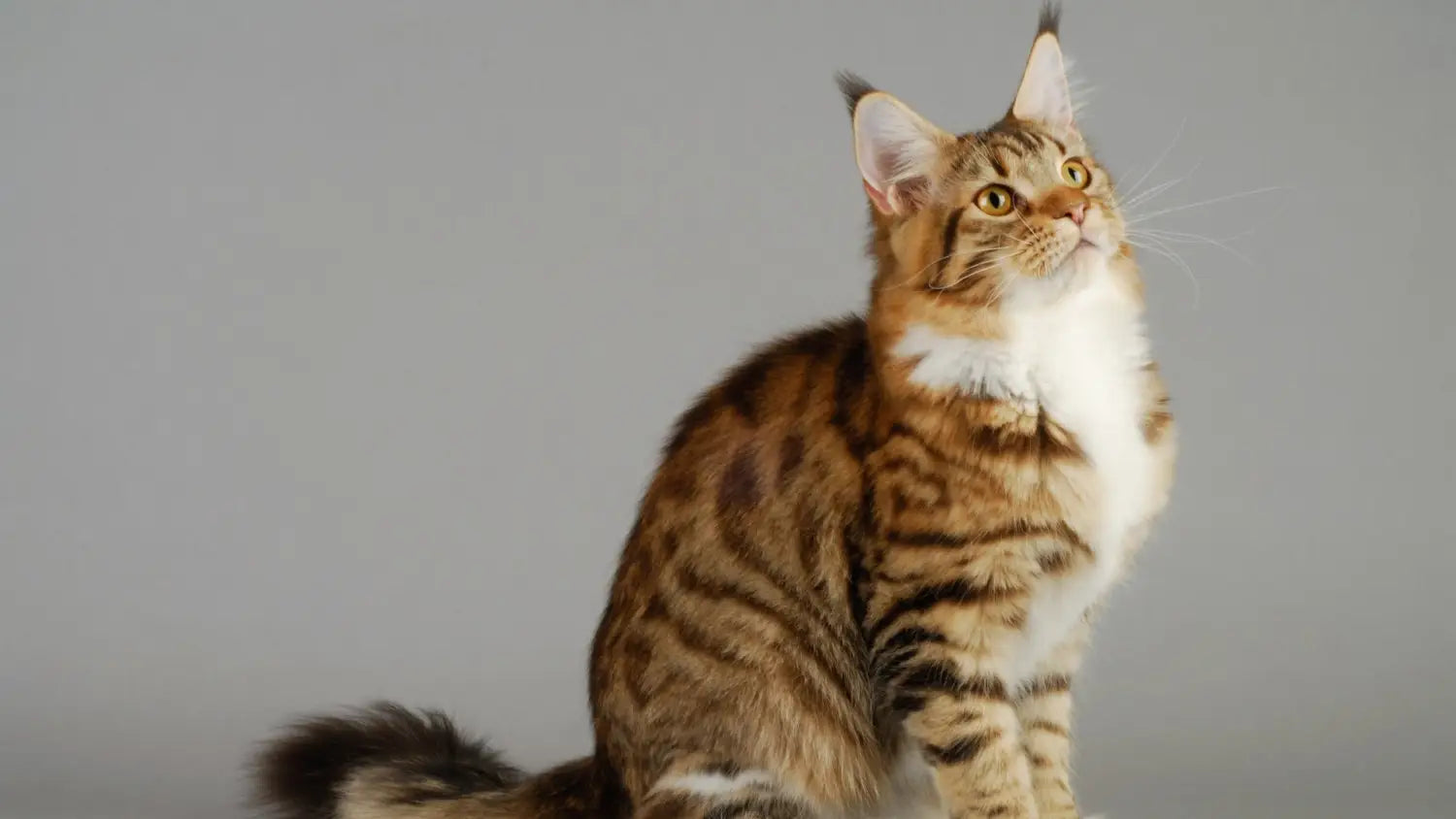




















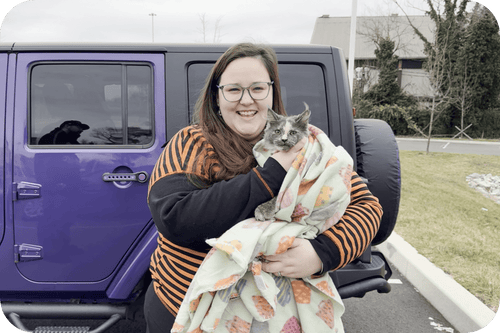




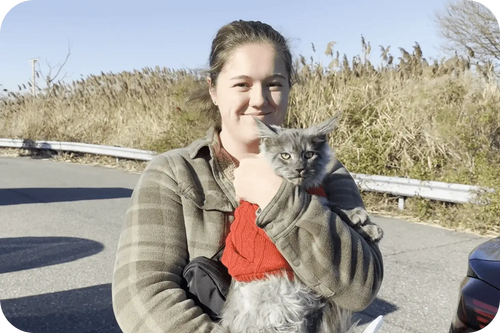
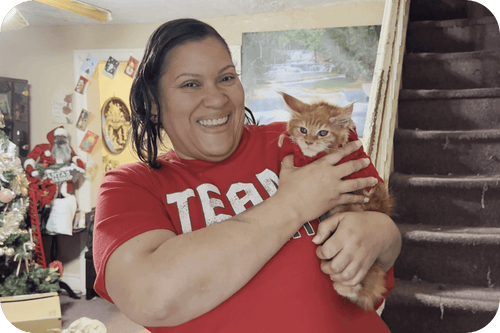
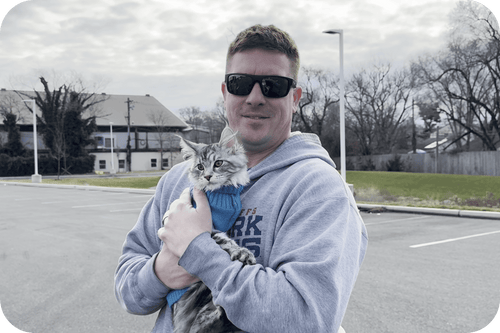
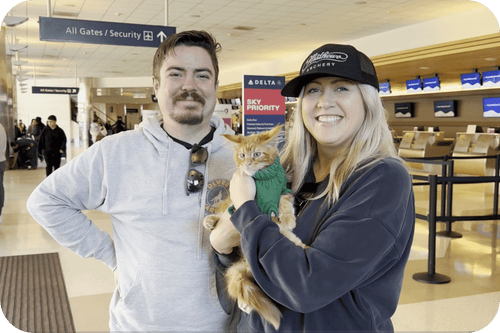
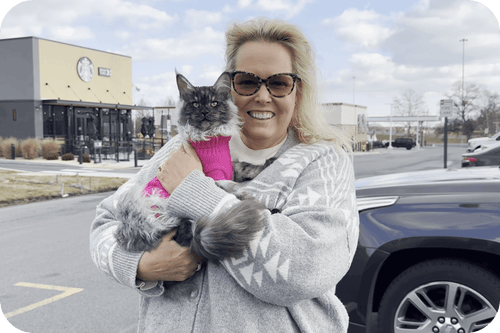
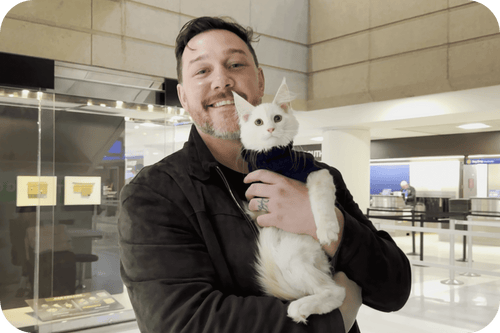
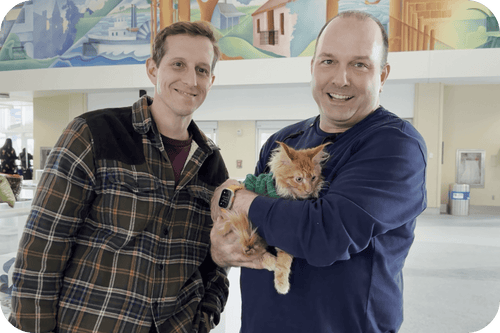
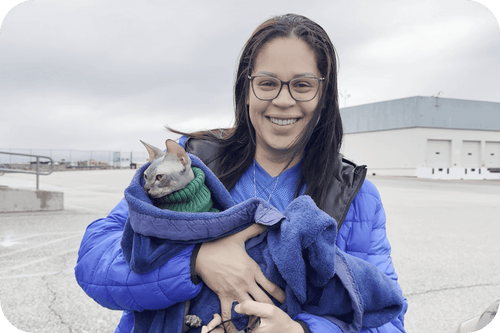

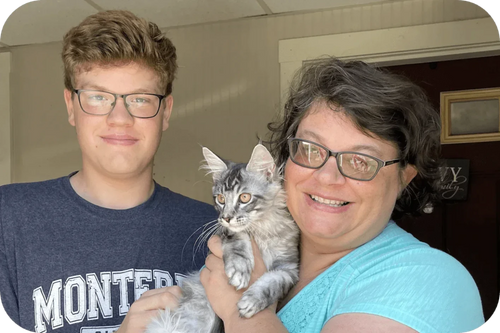
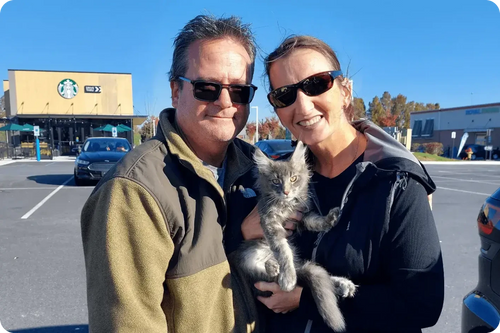
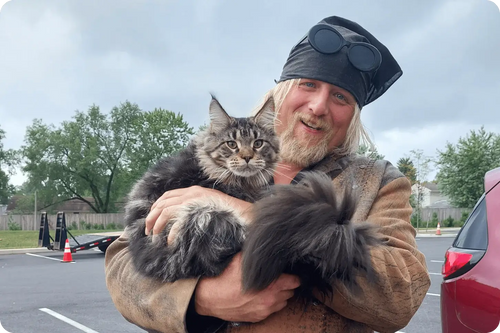
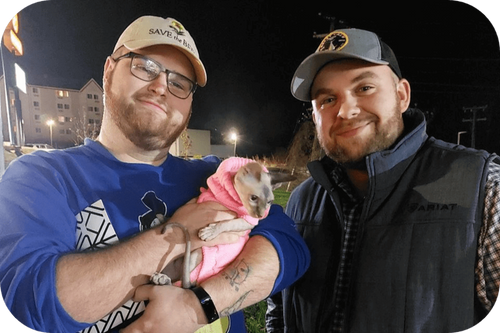
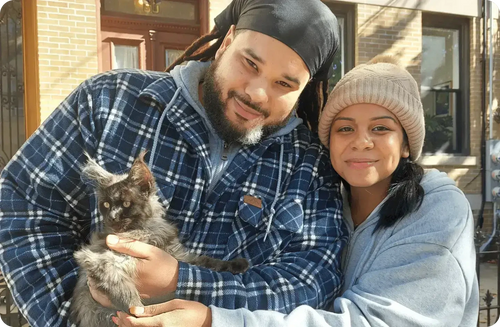
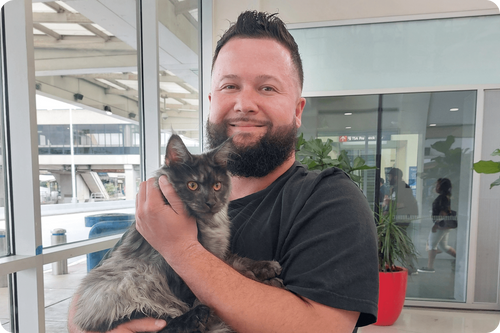













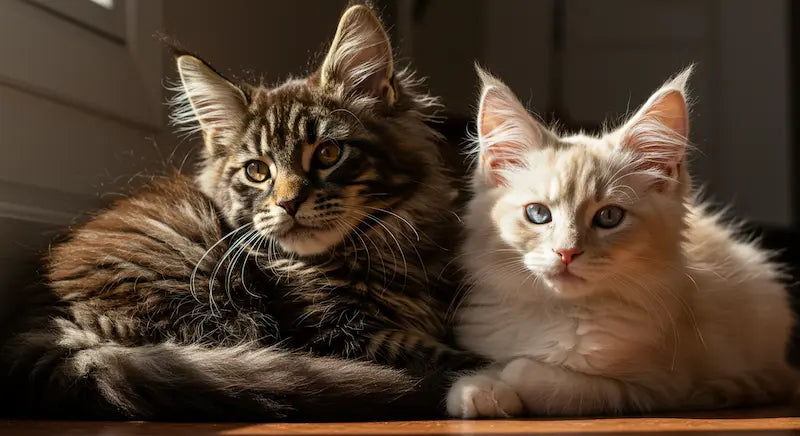
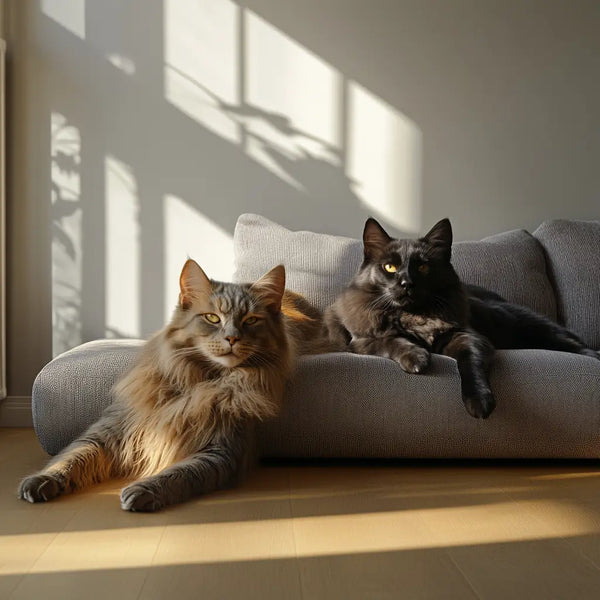





Comments(0)